Earlier this year, I was in London in the (very) early stages of pre-production of a brilliant script by David Williamson, Nearer the Gods – a fascinating and surprisingly witty account of the insane difficulties encountered by Isaac Newton and Edmund Halley as they attempt to persuade the Royal Society to publish Newton’s Principia Mathematica – his revolutionary work which formulated the laws of motion and universal gravitation.
I certainly don’t expect finance groups to instantly drown me in cash the moment they read scripts I am proposing, although it’s a situation I would welcome. In fact, extreme wariness and downright hostility are frequent initial reactions and an ability to maintain enthusiasm in the face of rejection is the mark of most successful directors. The scripts for my films Tender Mercies and Driving Miss Daisy were rejected again and again. The ‘coverage’ (the term used for script assessment) was depressing in the extreme.
Both those films won the Academy Award for Best Screenplay, among a number of other awards.
Nearer the Gods was brought to a standstill by the arrival of the Covid virus. After imprisonment of a month or so in our London flat I suggested to my wife that a return to Australia might be advisable. The progress of the virus in England has shown this to be a rare moment of perspicacity on my part.
Now, from Balmain, I have finally mastered Zoom calls world-wide and have discussed Nearer the Gods with actors’ agents, actors, studio executives, producers and sales agents (the latter a sinister group whose main interest is in attaching major stars to projects so that money raising becomes a simple matter). For reasons that elude me Zoom calls tend to be of extraordinary and often exhausting length. Perhaps the fact of seeing people so clearly during the conversation makes everyone feel a short chat and then a farewell to be bad manners.
With the twenty guests allowed we had a party on the night of the USA election. There were clearly no supporters of Mr Trump among our friends so there was a depressing atmosphere when, quite early in the evening, he announced his victory. Subsequently, of course, it turned out that he had not won at all, although he wasted no time in disputing the fact. He was clearly outraged that the vote count included votes cast for his rival, Mr Biden.
Days go by in which I often don’t see my wife ,Virginia, at all. She is downstairs writing – with admirable concentration – a new novel. I am upstairs and with more intermittent concentration (there are long pauses while I read New Yorker articles online) writing a film script about Antonin Dvorak. I suspect this may be a more difficult project to finance than Williamson’s Isaac Newton script. Film finance groups are, in general, not particularly well-informed, though I can’t imagine they would all be unaware of Newton. A few recent conversations, though, have made it clear to me that the name of Dvorak has escaped their notice. Classical music, I have learned, has no measurable audience worldwide. Interestingly, this was not always the case. Cornel Wilde played Chopin in A Song to Remember (1945), Stewart Granger played Paganini in The Magic Bow (1946) and Dirk Bogarde was Liszt in Song Without End (1960). Perhaps the audiences have disappeared with the ubiquity of rock and rap. Milos Forman’s Amadeus (1984) was a financial and critical success, although I was told by the distributor that ‘no one under 35 ever went to see it’.
Impossible to not be aware of Bruce Pascoe’s book Dark Emu – the central point of which is that Australian Aborigines, prior to the arrival of Europeans, were not hunter/gatherers, as all. or most, of us have been led to believe, but farmers who lived in settlements, often in stone houses. Having done a lot of research, some years ago, for a documentary film about Aborigines, I find Pascoe’s book difficult to accept. William Buckley, an escaped convict, lived among Aborigines in Victoria for over thirty years and later wrote an account of his experiences. The Aborigines he knew were clearly not farmers and did not live in harmony with other tribes, as Pascoe claims was usually the case.
Pascoe’s book has been included in school curriculums throughout Australia and an ABC TV series is being made, based on it. The validity of the book has been generally greeted with approval, though there seems to be, oddly, a political aspect involved. The Left tend to accept the premises of the book, the Right are dubious about its claims. I totally fail to understand why political viewpoints should be involved at all. Pascoe’s assertions are either well-researched and valid or else they are somewhat exaggerated or fanciful. Whether the Aborigines were hunter/gatherers or farmers is not a matter of opinion, but of fact. Verifiable fact.
In between my Zoom calls I have managed to complete a 30-minute documentary about the painters William Orpen (Irish) and Frank Brangwyn (English). Orpen died in 1931, Brangwyn in 1956. Totally forgotten today, they were among the most highly regarded painters in the world until the mid-1930s.
Curiously, a large collection of their work is to be found in a charming gallery in Mildura. My film is partially about the lives of the two painters, partially about the fleeting nature of fame and partially about the reason that so much of their work is in Mildura. Needless to say, I regard both painters as masterly, a view not shared by the opinion formers of the art world.
A call from an excellent Balmain bookshop – ‘Roaring Stories’. Aristotle’s Nicomachean Ethics has arrived – a Penguin publication of a new translation by my son Adam, who is a professor at the University of Massachusetts. His introduction states, ‘I translated the text into standard English as accurately as I could’. I know, from reading his previous translations of Latin and Greek texts, that he is not a fan of the traditionally rather stodgy manner of translations of classic texts, which makes sections of them boring or, worse, incomprehensible. In my no doubt biased view Adam demonstrates that these drawbacks need not apply.
I call Adam, who is living in Boston, and suggest that perhaps he should come to Australia and escape the Covid plague in America. He is certainly interested in doing so, but tells me, to my surprise, that there are relatively few Ancient philosophy courses in Australian universities. There are, he points out , more Ancient Philosophy professors within three miles of where he is sitting in Boston than in the whole of Australia.
Got something to add? Join the discussion and comment below.
Get 10 issues for just $10
Subscribe to The Spectator Australia today for the next 10 magazine issues, plus full online access, for just $10.
You might disagree with half of it, but you’ll enjoy reading all of it. Try your first month for free, then just $2 a week for the remainder of your first year.

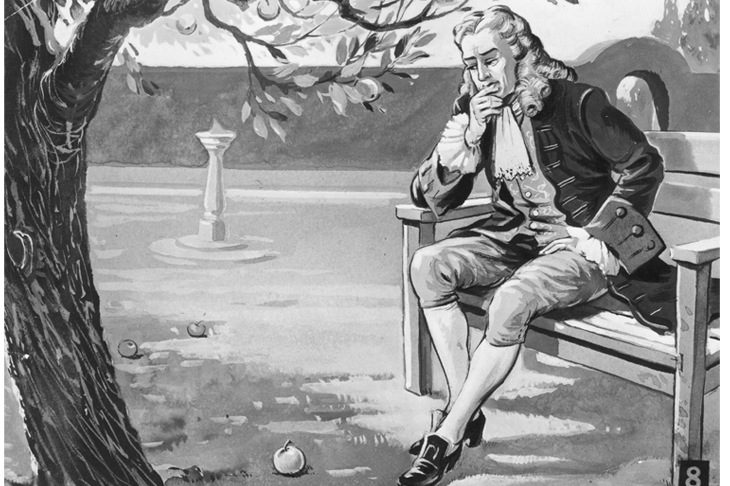
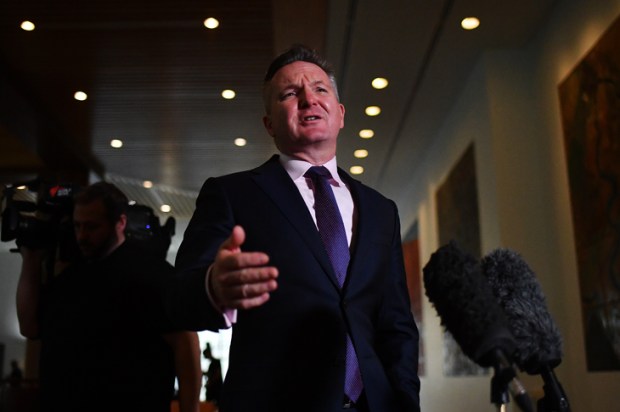

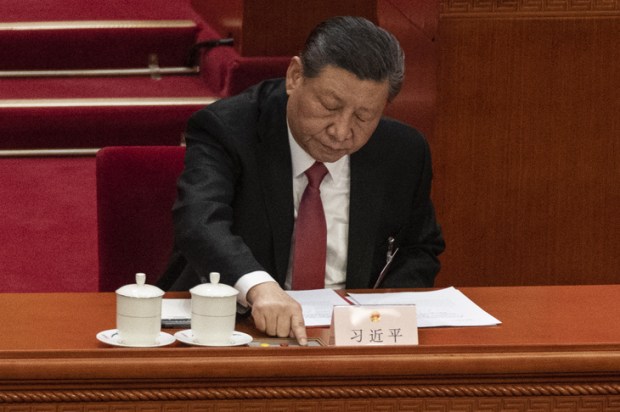
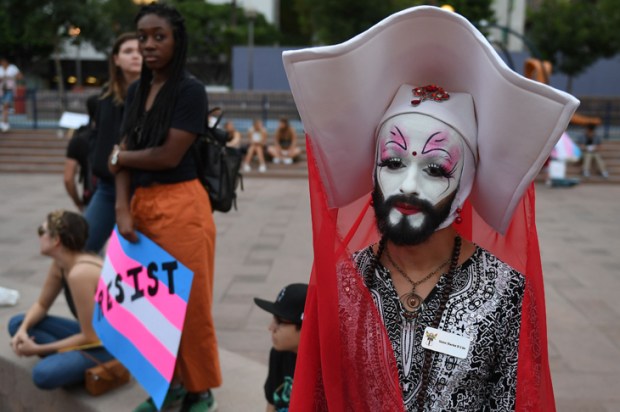
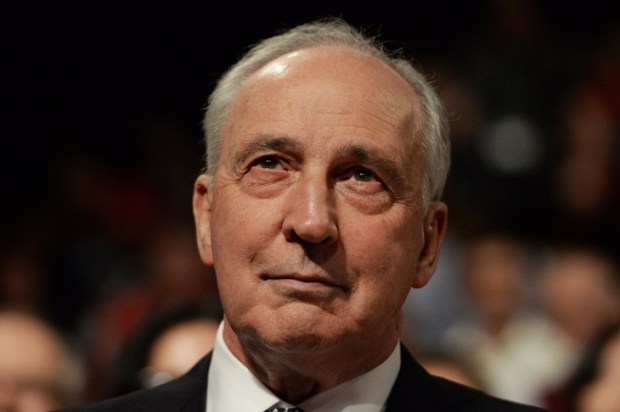
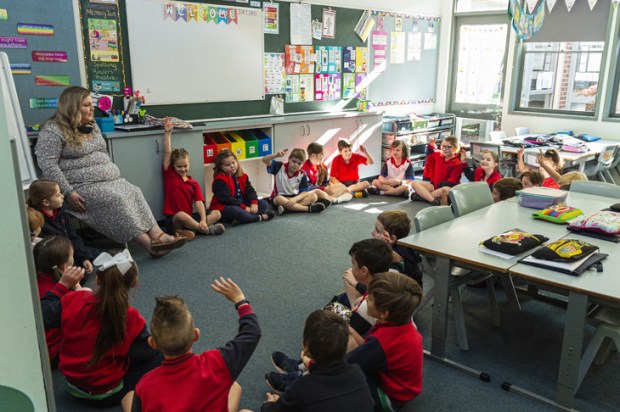






Comments
Don't miss out
Join the conversation with other Spectator Australia readers. Subscribe to leave a comment.
SUBSCRIBEAlready a subscriber? Log in